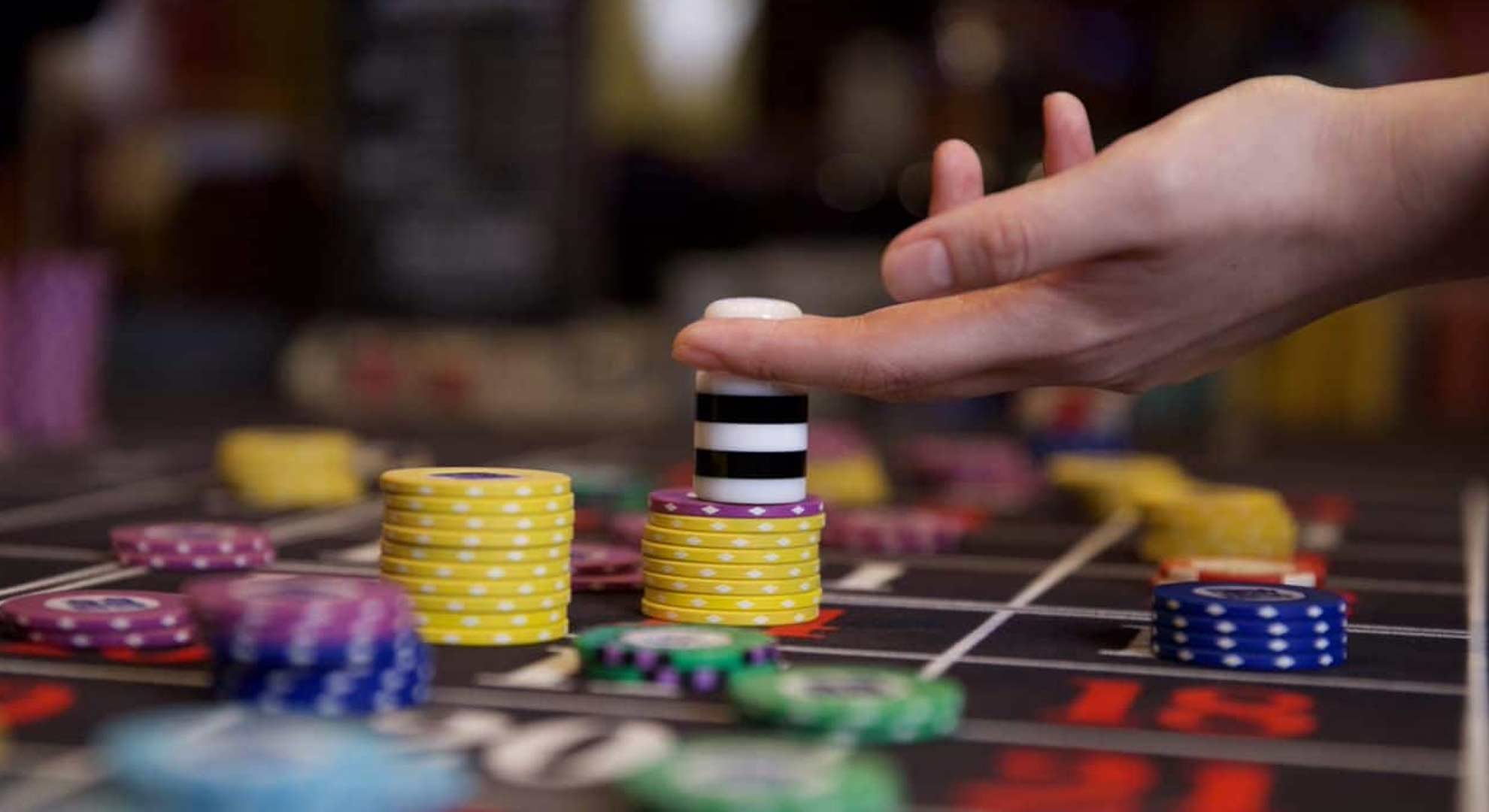Why Poker Is a Mind Sport

Why Poker Is a Mind Sport
Often relegated to the smoky backrooms of casinos in popular culture, poker is frequently misunderstood as a simple game of chance, a mere form of gambling. However, this perception couldn't be further from the truth. While an element of luck certainly exists in the short term, poker is, at its core, a sophisticated mind sport. It is a complex battle of wits that demands a mastery of mathematics, psychology, discipline, and strategic decision-making, placing it firmly in the same category as strategic games like chess and Go.
The most common argument against poker as a mind sport is the role of luck. A player can make all the right decisions and still lose a hand due to an unlucky card on the river. This is what poker players refer to as "variance." However, professional and successful players understand that individual hands are merely small data points in a much larger set. Over thousands of hands, luck evens out, and skill becomes the definitive factor. A skilled player consistently makes decisions with a positive expected value (+EV), meaning that over the long run, their choices will yield a profit. This long-term perspective is the first indication that poker is a game of skill, not just a random gamble.
At its foundation, poker is a game of incomplete information rooted in mathematics and probability. Every decision at the table—whether to bet, call, raise, or fold—is a calculated risk assessment. Players must constantly calculate pot odds (the ratio of the current size of the pot to the cost of a contemplated call) and compare them to their equity (the probability of winning the hand). Understanding concepts like implied odds, reverse implied odds, and combinatorics is crucial for high-level play. While amateur players may rely on gut feelings, elite players are running complex mathematical equations in their heads in real-time to make the most profitable play available.
Beyond the numbers, poker is a profound psychological battlefield. You aren't just playing the cards you are dealt; you are playing against the other people at the table. The mental game of poker involves a deep understanding of human behavior. Skilled players are adept at reading opponents, identifying betting patterns, and recognizing physical or verbal "tells" that might give away the strength of a hand. They construct a profile of each opponent: Are they aggressive? Passive? Prone to bluffing? This information is then used to exploit their tendencies.
Furthermore, the art of the bluff is a purely psychological and strategic weapon. A successful bluff isn't a wild gamble; it's a calculated story told through a series of bets that convinces an opponent to fold a stronger hand. Conversely, an essential skill is emotional control. A player who lets a bad beat send them into an emotional state, known as "tilt," will begin to make poor, mathematically unsound decisions. The ability to remain disciplined, patient, and detached from short-term results is a mental fortitude that separates the amateurs from the professionals.
When you combine these elements, poker strategy reveals a depth comparable to any other mind sport. Players must develop and adapt their strategies based on the game format, their position at the table, their chip stack size, and the specific opponents they face. Advanced concepts like Game Theory Optimal (GTO) play introduce a level of complexity where players aim to become unexploitable by balancing their ranges perfectly. Mastering these strategies requires intense study, dedication, and practice, much like a chess grandmaster studies openings and endgames. Many serious players test their evolving strategies on platforms where they can find a variety of games and opponents; for them, a reliable m88 msports login is the gateway to this crucial practice ground.
In conclusion, to label poker as just gambling is to ignore the immense skill required to succeed consistently. The short-term variance caused by the randomness of the cards is a veil that conceals the game's true nature. It is the player's ability to navigate this variance through superior mathematical reasoning, psychological acuity, emotional discipline, and a deep strategic understanding that ultimately determines success. Poker is not about the cards you are dealt, but how you play the hand—and the opponent. That is the undeniable mark of a true mind sport.